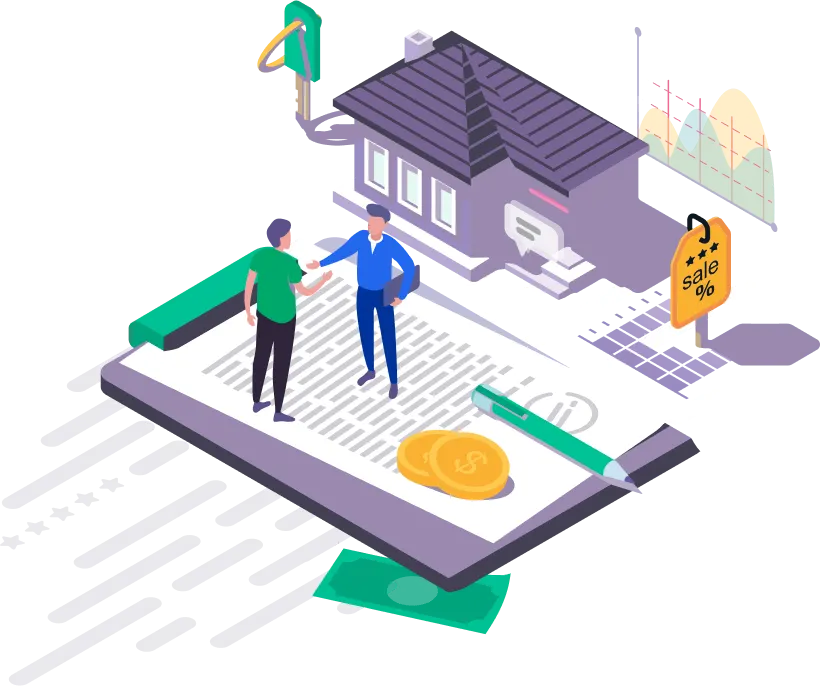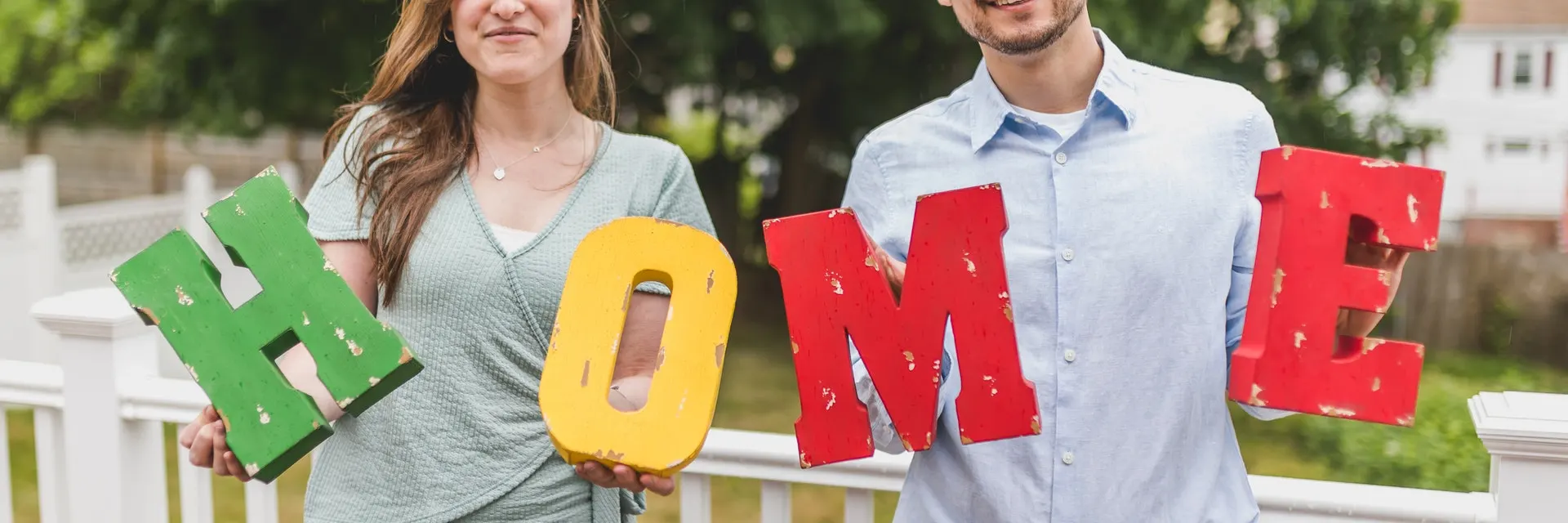Dubai's most reliable Morgatge and Equity Loan service provider. We provide home equity loan, mortgage loan, Simple Mortgage, property, Loan Against Property, Resident Mortgages, Non Resident Mortgages, Equity Release - Buyout and more... for your needs


Picking the right Morgatge plan requires expert advice
Keeping you comfortable with Your Process
Save money with the lowest interest rate Morgatge - Equity in dubai

Our goal is to provide you with the best Morgatge - Equity service in dubai
Take advantage of the easy way to Process your Morgatge - Equity Loan
Check out our best Morgatge - Equity Loan plans and offers
We will help you through every step of the process, from the initial approval stage until you receive the keys.

You and a lender enter into a mortgage agreement. This gives the lender the right to take your property if you fail to repay the money you borrowed plus interest. A mortgage loan is a loan used to purchase a home or to borrow money against an existing house.
In Dubai, banks generally require the following factors to qualify for a home loan: Time spent in the UAE (typically six months to one year) Employment in the UAE (typically a minimum of six months) A business history in the UAE (typically two to three years).
Loans are financial transactions where one party receives a lump sum and agrees to repay it. To finance the property, you use a mortgage. Although all loans are loans, not all mortgages are loans.
Mortgages are loans used to purchase or maintain properties such as homes, land, or other types of property. Typically, a borrower makes regular payments to the lender over time, divided into principal and interest. A collateralized loan is used to secure the loan.
In general, fixed-term contracts last between five and ten years, although they can be shorter. Upon expiration of the fixed term, the deal switches to the bank's variable rate.
Depending on the type of mortgage, deposit requirements differ. If you are purchasing your first property in Dubai, a down payment of 25 percent is generally required, but if the purchase price is above AED 5 million, a down payment of 35 percent is required.
Loans for plots. Local banks offer loans for plots and land in the country. Loans can be used to purchase a plot of land where a dream home can be built. They can be repaid in affordable EMIs over a maximum repayment tenure of 25 years, at attractive rates.
The length of time it takes to repay a Home Loan is called its tenure. The maximum Home Loan tenure is 30 years. An applicant's retirement age determines the maximum tenure of a Home Loan.
ADCB Bank, Emirates NBD, Dubai Islamic Bank (DIB), First Abu Dhabi Bank(FAB)
An individual who takes a home loan is borrowing the money to buy or build a new house - the property does not belong to the borrower. Loans secured by property are commonly referred to as mortgage loans or loans against property.
If you are in need of urgent funds for a financial emergency, a loan against property can be a good option.
If you currently have a personal loan and would like to take out a home loan. Then you should visit your bank to fill out an application. If your debt-to-income ratio is less than 50 %, the bank will consider the application for a second loan. As a result, you'll have a home loan and a personal loan.
To begin the loan application process, inform the lender of your desire to borrow funds, and of what you intend to do with the funds (if applicable). The lender will inform you of the next steps and the length of the process.
In short, a loan against property (LAP) is a secured loan that is secured by the property pledged as collateral. Commercial property can either be owned land, a house, or any other type of commercial property. As long as the lender repays the loan against the property, the asset remains as collateral.
There are three components to all loans: interest rate, security component, and loan term.
If you meet all the requirements of the lender and are willing to accept a flexible interest rate, getting a personal loan can be easy. Getting approved for a personal loan will be much easier if you know what you need to qualify.
You may be able to use one loan to repay another, but it is important to read the fine print in your contract and be careful about what you spend.
Federal Deposit Insurance Corporation and Office of the Comptroller of the Currency have set a limit of 15% of a bank's capital as the legal limit. There is a 10% additional limit if the loan is secured, bringing the total to 25%.
Home equity loans are repaid over a set period of time with a set amount based on the equity in your home as collateral. You may lose your home to foreclosure if you are unable to repay your loan.
Borrowing money and repaying it with interest is called debt financing; you borrow money and must repay it with interest. When you raise money through equity funding, you sell a portion of what you own in the company.
Until you pay off the loan, you'll make fixed monthly payments. Home equity loans typically range from five to twenty years, but you can pay them back over 30 years.
As a result, the business must generate consistent profits to maintain the stock valuation and pay dividends. The cost of equity is often higher than the cost of debt because equity is a more risky investment for the investor than debt is for the lender.
The equity in a home can be used as collateral for a home equity loan. Equity loans are calculated based on the difference between a home's current market value and its outstanding mortgage balance. Loans for home equity are divided into two types: fixed-rate loans and home equity lines of credit (HELOCs).
If your home is worth 80% to 85% of what it is currently worth, you can borrow up to 85% of its value.
Equity finance, on the other hand, does not carry a repayment obligation, so you can put more money into growing your business. Debt finance requires regular repayments plus interest, usually over a set period of time.
A property portfolio can be built using equity, and you can also make the transition from home owner to investor all at once. Equity is a valuable resource that often goes underutilized.